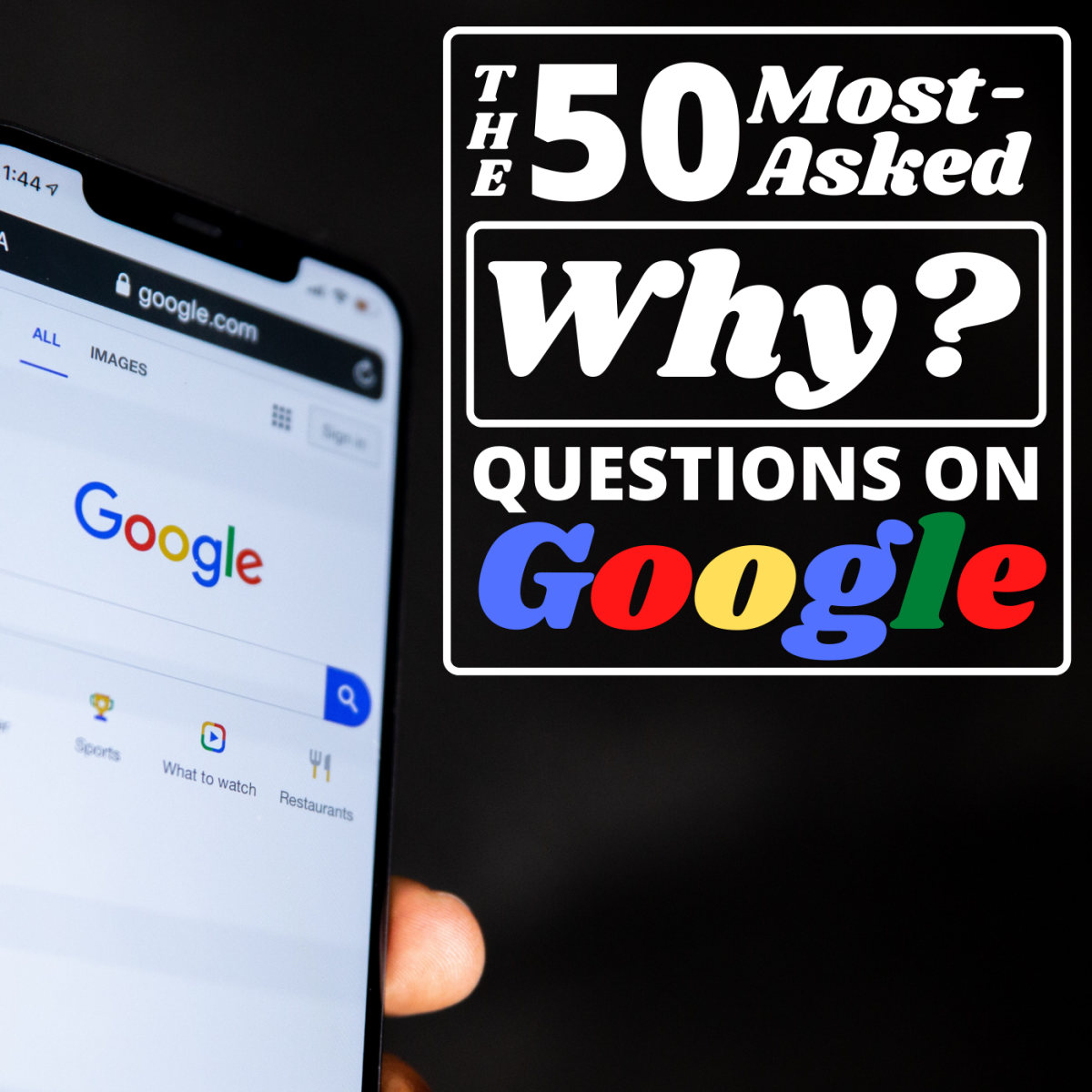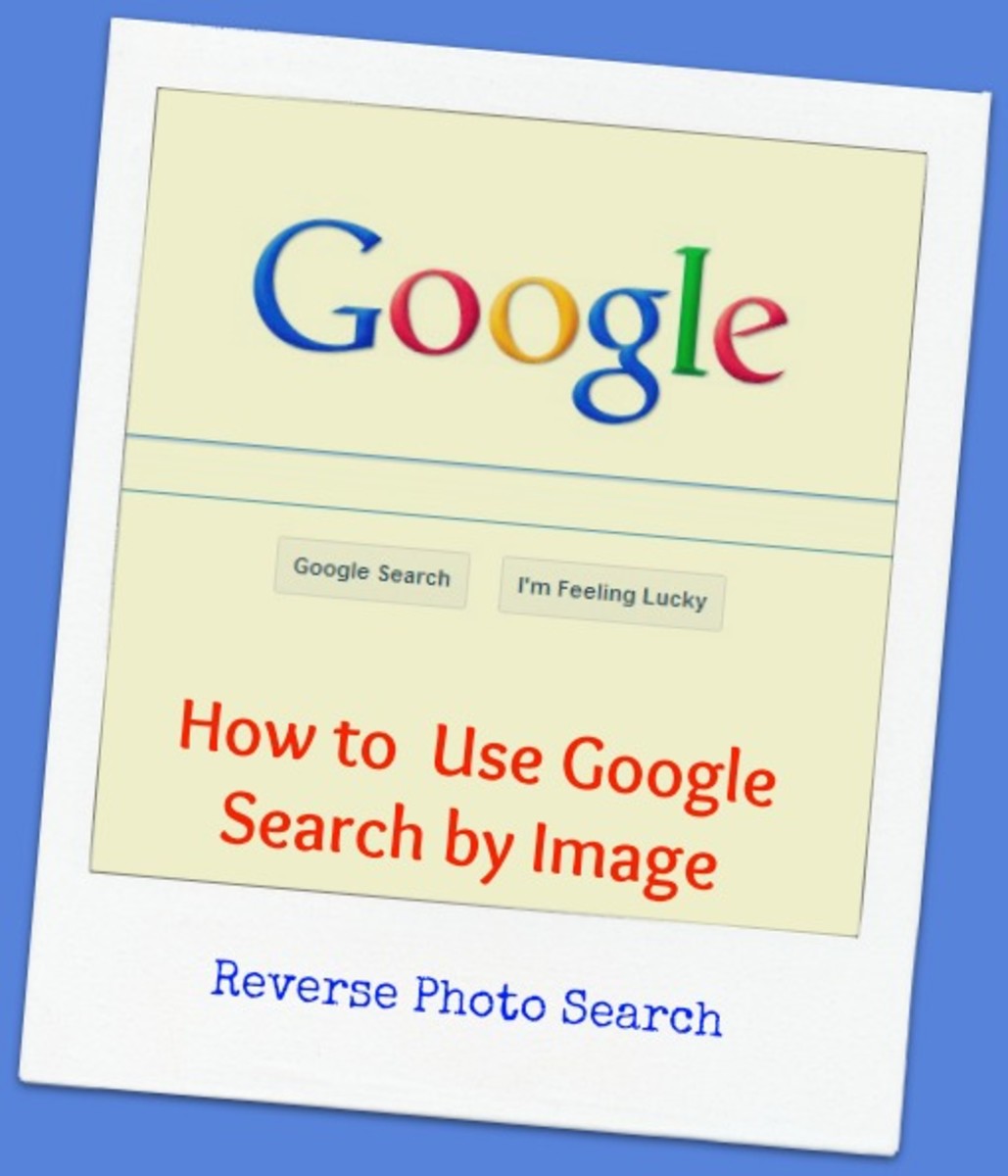- HubPages»
- Technology»
- Internet & the Web»
- Search Engines
Google? Should you use it for research?

whichever search engine you chose might not give you the desired results
Since I have started writing hubs here on Hubpages, I have been writing on different subjects. Some of my topics have been about different religions around the world. I asked my friend the other what religion I should write about next. He gave me a great topic that I am still learning about right now. I know better than to use the Google search engine but I tried it just for fun and I found a couple results that were basically blogs written in a slanted tone. I feel that using bias information to write on any topic is simply unacceptable unless I am writing an opinion based hub.
There are so many search engines out there: ask geeves, bing, and Google are some of the bigger ones. Unfortunately, there are people out there that use these search engines to really do research. These people might find their search results are rather disappointing.
When you do a search on Google, it will bring up videos, a variety of websites, shopping results, images, locations, blogs, and Wikipedia. Some authors of blogs might be using creditable information but some of them might be just using theories or opinions to write about their tops of choice. Wikipedia is not a credible source of information, and if you have been in a classroom within the last ten years I am sure that you have heard your teacher or professor say so. The reason Wikipedia is not a credible source is because anyone can go in and change (update) the information on any subject. Some of the authors could be scholars and others just self proclaimed professionals on the subjects.
When doing research you should stick to the book and article method. There are actually fact based or research driven search engines out there that search for articles, patents, books, and citations of books and articles. I personally, due to the fact that I don't always have the time to go to the library and search through all of the index files, I use research driven search engines to find books linked to my topics of choice and then go to eBook sites to read, or I'll check the articles that come up under the search for any information that can be linked to my topic and then check there resource out for myself.
Research can take hours and at times it can seem daunting but the results are often worth it. If you are in college those high grades are a great reward.
A little boost for your research
- Google Scholar
- http://www.noodletools.com/index.php
NoodleBib: MLA and APA bibliography composer with notecards. Free software to help students with the research process. - Academic & scholarly research — finding journal articles: WebLens search portal
Scholarly and academic research resources. Search libraries. Find scholarly research papers, studies, & journals. Search the invisible web and more. - Scirus - for scientific information
Scirus is the most comprehensive science-specific search engine on the Internet. Driven by the latest search engine technology, Scirus searches millions science-specific Web pages. Scirus has proved so successful at locating science-specific results








